A scene of “Moreau” director John Frankenheimer tearing into Kilmer for his arrogance plays out mostly as captions over a black screen, Kilmer having set the camera down at Frankenheimer’s orders after the director repeatedly warned him that he didn’t want him shooting a personal documentary on a professional set. Like so many scenes in “Val,” it’s hard to tell if the footage is being presented in the name of warts-and-all honesty or because Kilmer believes the clips vindicate him.
With hindsight—and rather incredibly—it seems like the latter, though Kilmer is so wounded by his illness, treatments, and surgeries that any obstinance that comes through is undercut by our awareness of how frail he is, how vulnerable to sickness and injury. The film’s most wrenching scene is a long, unedited, stationary shot of Kilmer seated at a card table at a fan convention, signing autograph after autograph until he feels queasy and has to excuse himself. He then rises unsteadily to his feet, plops down an out-of-focus sofa in the background of the shot, and pukes into a trash can (the sound is muted, perhaps to allow Kilmer one shred of dignity).
In narration, Kilmer chastises other actors, and by extension himself, for trying to live off the past in this way. But this is one instance where he’s being harder on himself than he should be. After turning 50, even male leads’ options start to dry up, so who can blame someone of Kilmer’s stature from trying to profit off the fact that he was in “Top Secret!”, “Top Gun,” “The Doors,” “Batman Forever,” “Tombstone,” and other ’80s and ’90s touchstones? He seems angry at himself for not being indestructible. It’s hard to completely despise a prodigy who’s been beaten up this badly by life, especially when we see so much footage of his adult children interacting with him in the present, seeming grateful to have had him as a father.
The film is most satisfying when it’s just giving us details of Kilmer’s philosophy of acting, which is uncompromising to the point of being exasperating, but lively, and ultimately preferable to the default attitude of so many straight male actors who denigrate their profession as trivial, or somehow unbecoming of an adult. Quoting poets, philosophers, playwrights, and mentors who share his lofty opinion of the value of art, he presents a much-needed defense of acting as a way to help the audience understand itself, just as it helps open-minded, open-hearted actors untangle their own thoughts and feelings.
By pretending to be someone else, Kilmer’s best performances incarnated the notion of a lie that reveals a greater truth. He could be, to put it mildly, a thorny person to work with, but when you see him in a classic like “Tombstone,” he’s all huckleberry.
You can view the original article HERE.




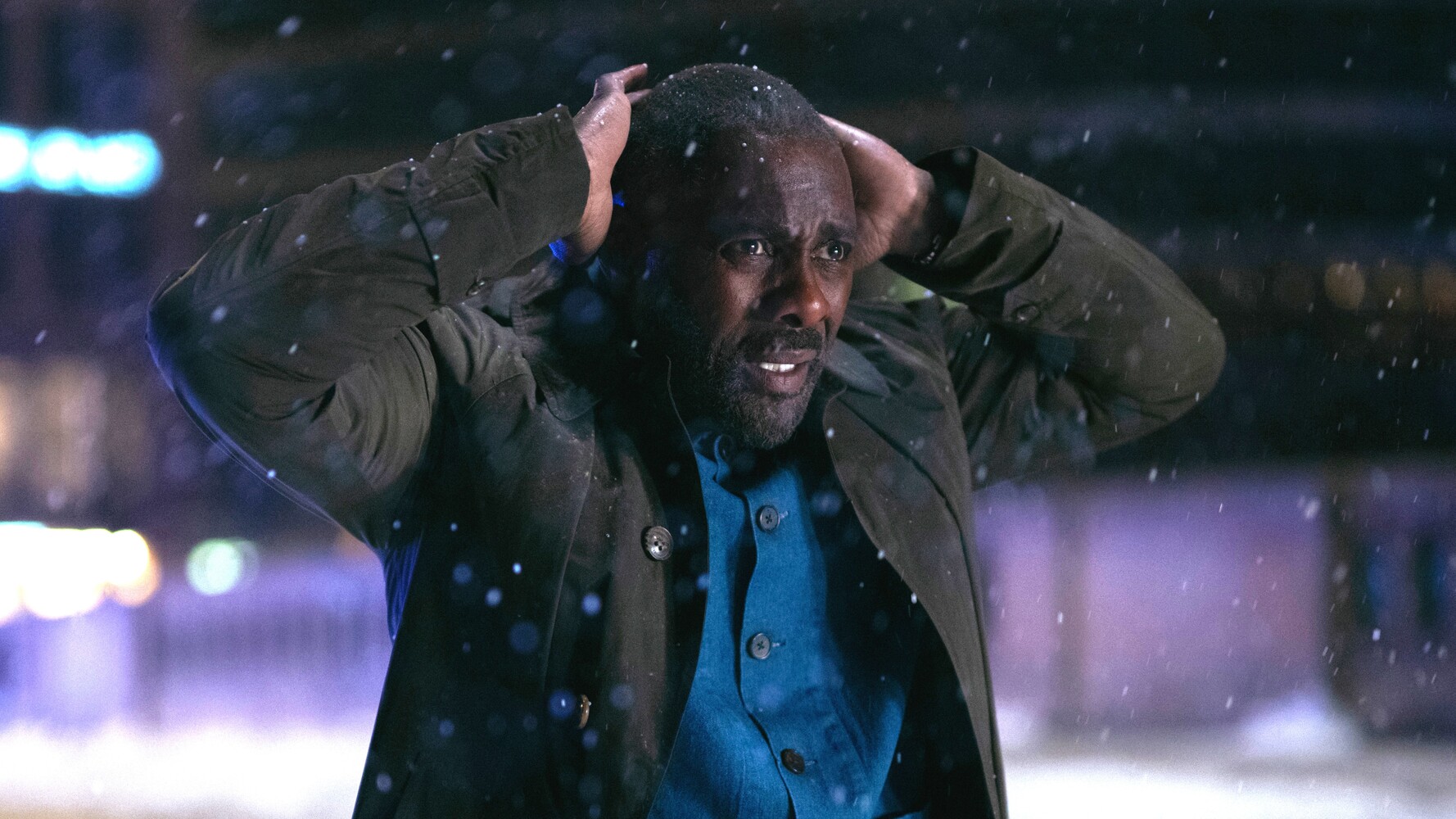




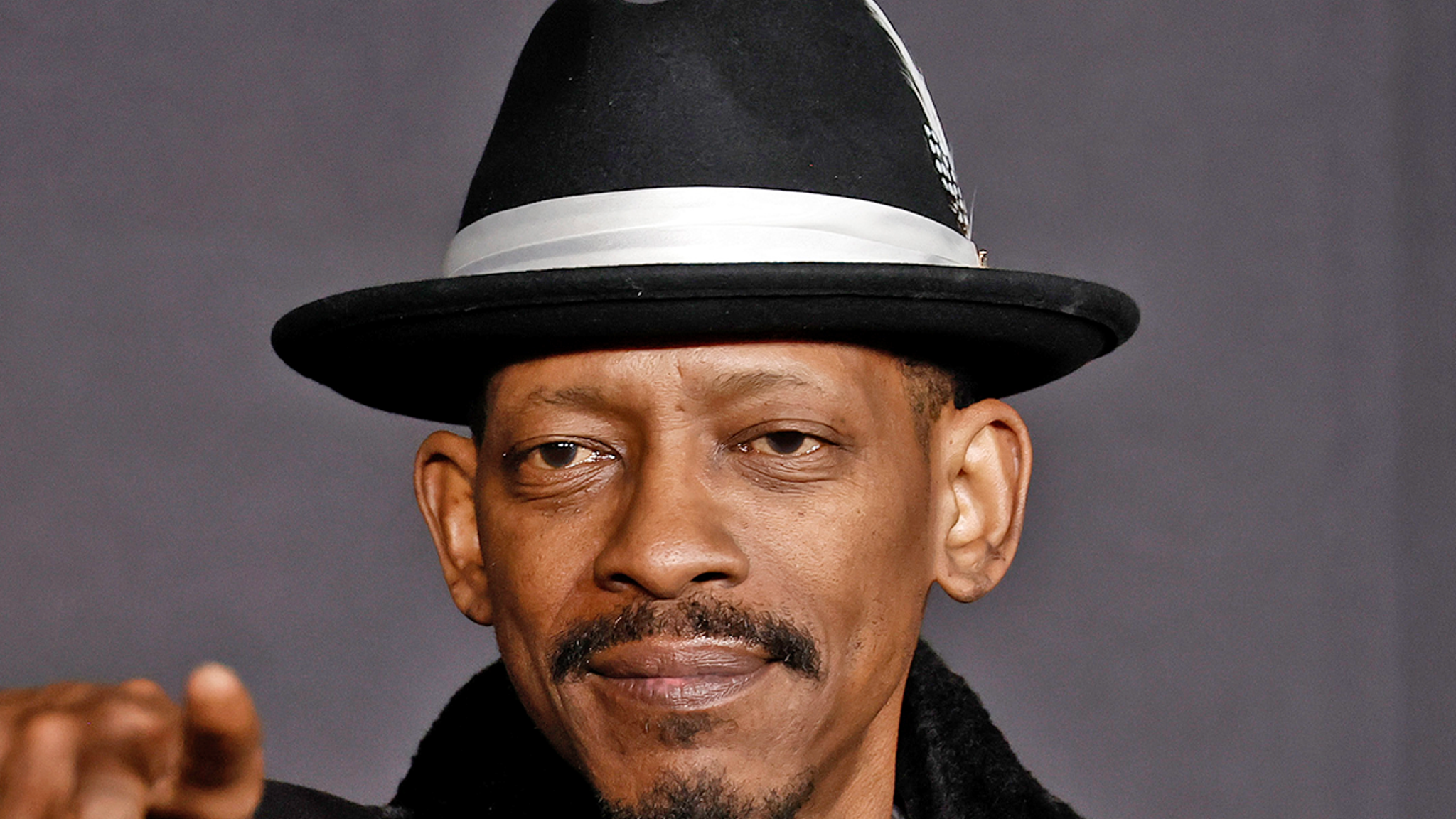



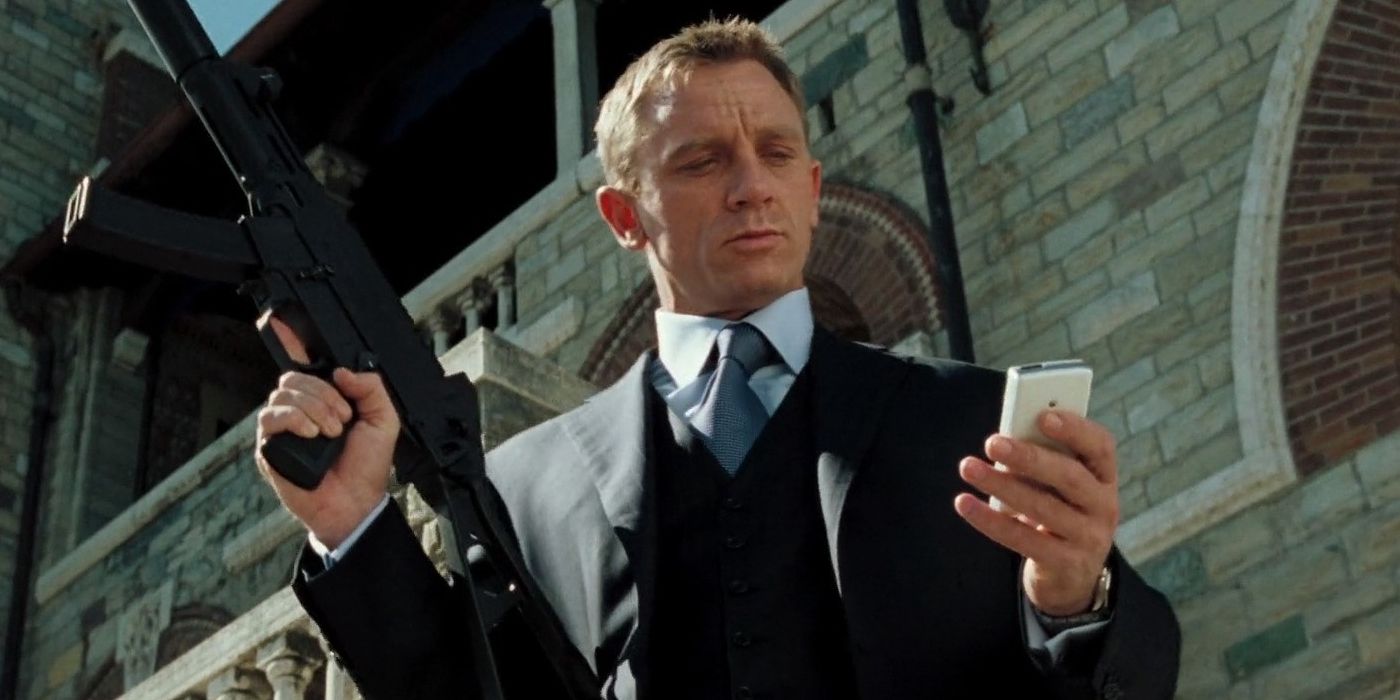





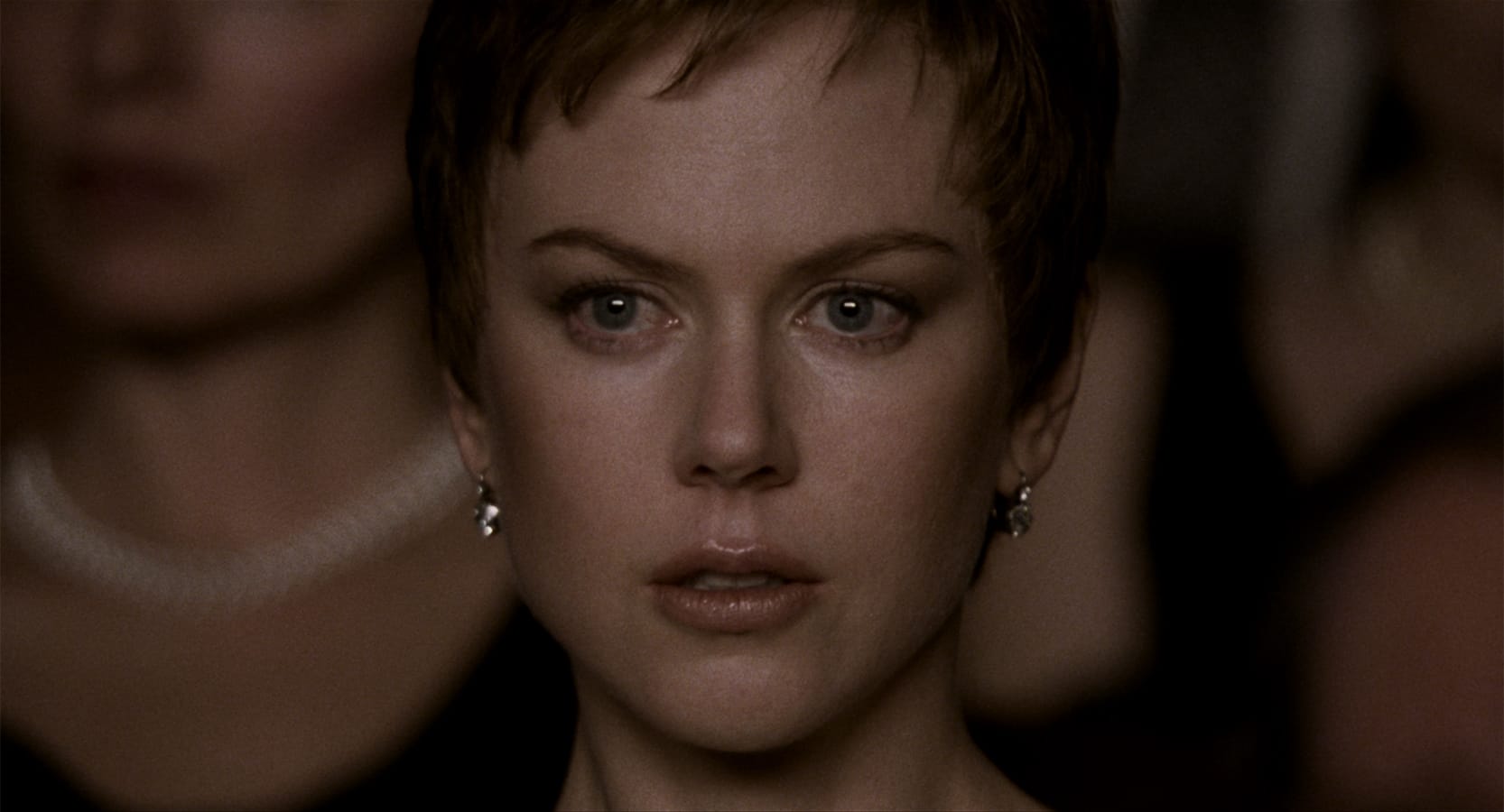

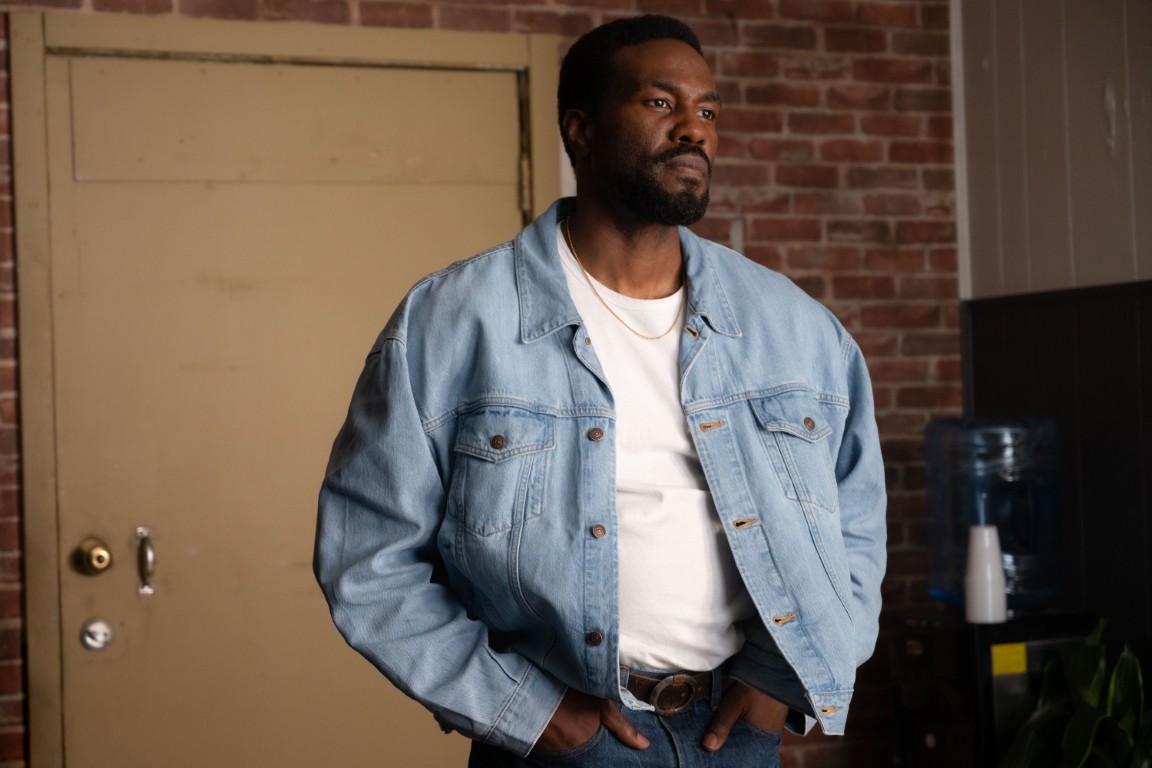






:quality(85):upscale()/2026/03/03/765/n/1922564/a6df71bc69a718b483c195.80983759_.png)






